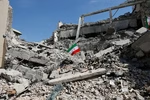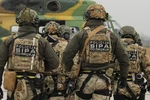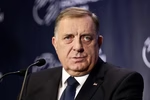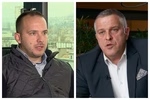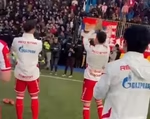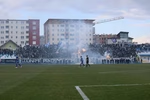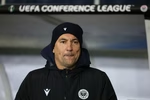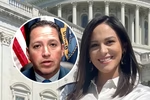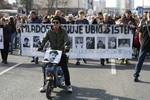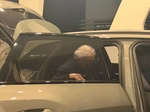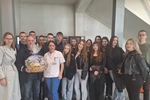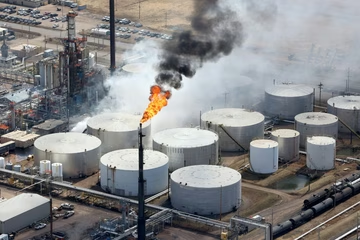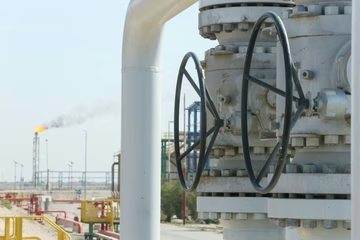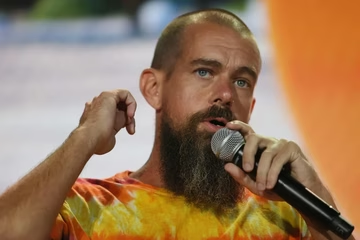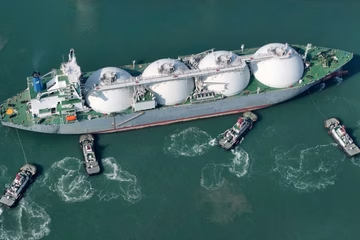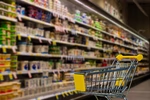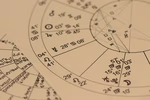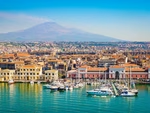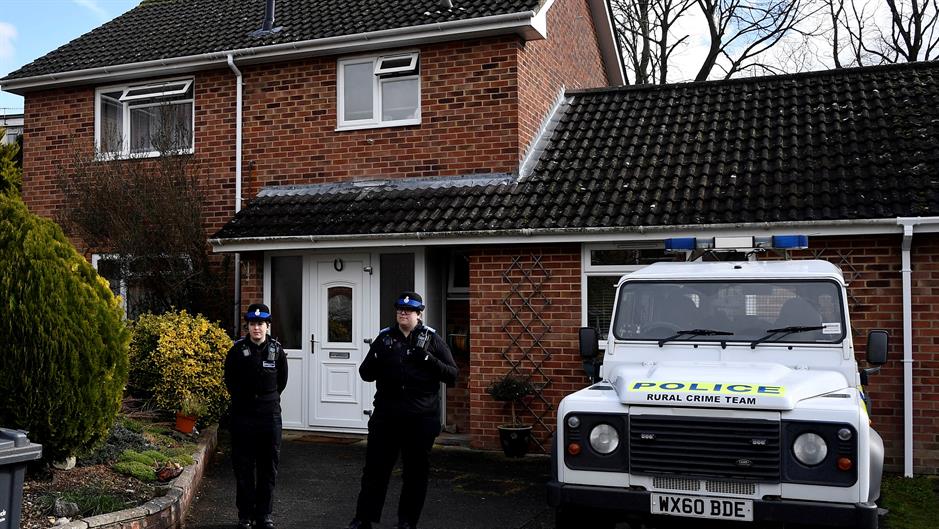
The Trump administration will impose more sanctions on Russia under a chemical and biological warfare law following the poisoning of a former Russian agent and his daughter in the UK earlier this year, the State Department announced on Wednesday.
In a statement on Wednesday, State Department spokeswoman Heather Nauert said the US had made this decision on Monday, and accused Russia of violating international law. The statement anticipated the sanctions would go into effect around August 22 in line with the Chemical and Biological Weapons Control and Warfare Elimination Act of 1991.
Sergei Skripal, a former Russian spy, and his daughter Yulia Skripal were hospitalized and treated for a nerve-agent attack in March. Yulia Skripal was discharged from the hospital in April, and her father was discharged in May.
The State Department notified Congress on Wednesday of the first of two potential tranches of sanctions required under the 1991 law. Unless Russia takes certain steps, a second set of penalties – more stringent than this first round – must follow, according to the law.
The first set of sanctions targets certain items the US exports to Russia that could have military uses – so-called dual use technologies.
These are sensitive goods that normally would go through a case-by-case review before they are exported. With these sanctions, the exports will be presumptively denied.
A senior State Department official said there would be carve-outs however.
The US would then require Russia to assure over the next 90 days that it is no longer using chemical or biological weapons and will not do so in the future. Additionally, the criteria in the law call for Russia to allow on-site inspectors to ensure compliance.
The official said that if Russia did not meet the demands, the US "will have to consider whether to impose a second tranche of sanctions as specified by the statute."
The United Kingdom welcomed the move from the US on Wednesday. In a short statement, a government spokesperson said, "The strong international response to the use of a chemical weapon on the streets of Salisbury sends an unequivocal message to Russia that its provocative, reckless behaviour will not go unchallenged."
Putin has previously denied that Russia was behind the Novichok poisonings, saying in March that it was "unthinkable that we would do such a thing."
In late March, Trump ordered 60 more Russian diplomats expelled from the US as part of a global response to the attack – a response that included similar expulsions of diplomats from other nations checking Russia. Moscow responded to the international action by ordering its own expulsion of foreign diplomats.
Follow N1 via mobile apps for Android | iPhone/iPad | Windows| and social media on Twitter | Facebook.
Kakvo je tvoje mišljenje o ovome?
Učestvuj u diskusiji ili pročitaj komentare





 Srbija
Srbija
 Hrvatska
Hrvatska
 Slovenija
Slovenija














